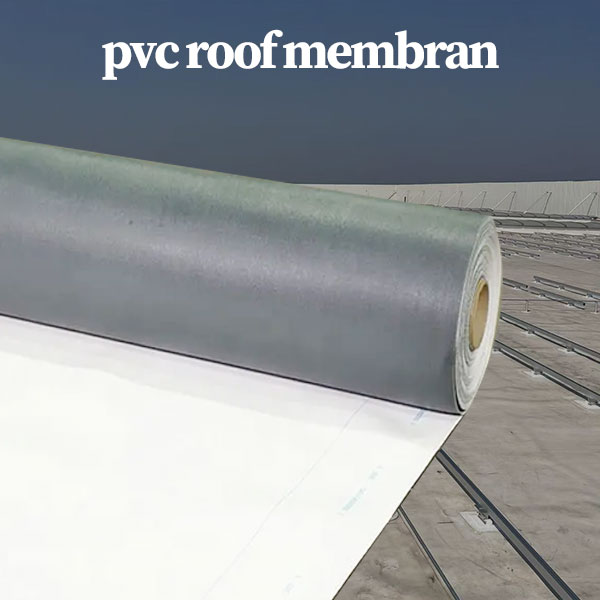What Is PVC Roofing?
PVC, or Polyvinyl Chloride, is a synthetic plastic polymer used in many applications, including roofing. PVC roofing membranes are crafted by blending PVC with other additives and reinforcing materials, creating a strong, flexible, and highly resistant material. This makes PVC roofing an excellent choice for both residential and commercial buildings.
Benefits of PVC Roofing
PVC roofing offers numerous benefits, making it a popular choice among homeowners and business owners alike. Let’s take a closer look at what makes PVC a standout option.
Durability and Longevity
One of the most significant advantages of PVC roofing is its durability. With proper maintenance, a PVC roof can last anywhere from 20 to 30 years. It’s built to withstand a variety of weather conditions, including high winds, heavy rain, and even hail.
Energy Efficiency
PVC roofing is known for its energy efficiency. The material’s reflective properties significantly reduce the amount of heat absorbed by your home or building, helping to keep indoor temperatures cooler. This can lead to lower energy bills and reduced strain on your HVAC system.
Low Maintenance
When it comes to upkeep, PVC roofing is about as low-maintenance as it gets. Routine inspections and occasional cleanings are usually all that’s needed to keep your roof in top condition.
Waterproof and Leak-Resistant
PVC roofing is inherently waterproof, offering excellent protection against leaks. The seams of PVC roofs are heat-welded, creating a seamless and watertight barrier that keeps moisture out.
Chemical Resistance
For industrial or commercial settings where exposure to chemicals is common, PVC roofing is an ideal choice. The material is highly resistant to chemicals, making it a durable option for these environments.
